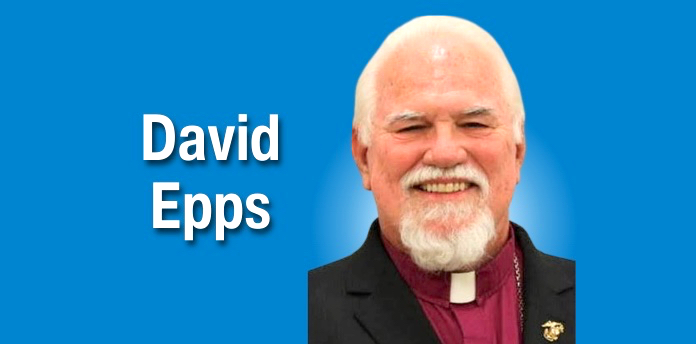After two and a half years as a child protective services investigator and counselor, weary and burned out, I resigned from the Tennessee Department of Human Services.
We bought our first house in Johnson City, Tennessee and I became a graduate assistant at East Tennessee State University and continued to enroll in graduate classes. School was fine but the proctoring of tests was mind-numbingly boring. Then an opportunity arose.
The local ARC, or Association of Retarded Citizens, as it was then known, sponsored a resident facility, a group home, for special needs adult women. There were several workers, all women, who served the eight residents. The part-time Director’s position was open. There had never been a male director. I applied anyway and was hired.
On my first day I initially met the staff: a live-in house mother, a Developmental Technician II, and several aides. All the aides were university students, most majoring in special education. Later that day I met all the residents.
To be honest, I was a bit nervous. I had never really known people with “intellectual disabilities (then referred to as ‘mental retardation’) and developmental disabilities.” It was way out of my comfort zone.
The last of the residents in line to greet me was Donna, a mid-thirties woman, tall, slim, and strong, with a great personality until she became angry. Then she was a force with which to contend. But on that day, she was delighted to meet the new director and to ask a several questions: “Mr. Epps, do you go to church?” she inquired.
“I do, Donna,” I responded. “Do you?”
She said, “I go on the church bus every Sunday.”
Then she asked if I was baptized and I learned that she, too, had been baptized.
Then she said, “Mr. Epps, they say that there are things I can’t do, and I guess that’s right. But there’s one thing I can do really, really well. You know what that is, Mr. Epps?” When I shook my head no, she continued, holding her hand over her chest, saying, “I can love Jesus with all of my heart.”
I smiled and gave her a hug, immediately retired to my small office and cried. For some reason, her declaration had broken a prejudice in me that I didn’t even know I had. I began to regard Donna, and all the ladies, in a new light.
Within a few months, I obtained raises for all of the other staff and promoted the Developmental Technician II to Social Worker (She had a BSW), and promoted the student aides to Developmental Technician I. If nothing else, the action would be a resumé builder.
After about a year, the group home was named the “ARC Group Home of the Year” in the state of Tennessee. I took the social worker, the house mother, and two of the residents with me to the big gala in Nashville.
Normally, the local ARC group home director would go forward to receive the award and get his or her photo in various publications, When the award was announced, I sent the four ladies to the stage to receive the plaque while I remained at the table. As the cameras flashed, Donna’s smile could have lit up a lighthouse.
My wife, Cindy, who had graduated from ETSU’s nursing school, was working in her field. Only working part-time and taking classes, I accepted a position as the non-salaried Minister of Education at a church near the university.
I also started a campus ministry, Chi Alpha, and had a number of university students, including two ETSU women’s basketball players and the Women’s Head Basketball Coach in attendance. The meetings in our home centered on fellowship, bible study, and prayer.
At the encouragement of the church’s senior pastor, I also started FOCAS, the Fellowship of Christian Adult Singles, in Johnson City. Ultimately that group grew to some 300 members. And, in a planned endeavor, Cindy became pregnant with our third child.
Unlike the other two pregnancies, however, she had a really rough time. It was clear that, for her own health and safety, she was going to have to quit work soon. We would be left without insurance. A part-time job and a non-stipendiary church position wasn’t going to cut it.
The problem was that there was an economic downturn, and it seemed nobody was hiring. We investigated serving in a local church in Tennessee but those opportunities, too, were few and far between.
I sent out over one hundred resumes to leaders and churches of my denomination across the nation. Only one responded. But it was a great church, and a staff position was open. After a telephone interview, I was offered a face-to-face interview.
I had never been any farther west than Nashville and this church was in western Colorado. But with little choice, I heeded the words attributed to Horace Greeley, a New York newspaper editor in the 19th Century to, “Go West, young man.” It was an interview that would change the course of my life.
TO BE CONTINUED…
[David Epps is the Rector of the Cathedral of Christ the King (www.ctk.life). Worship services are on Sundays at 10:00 a.m. and on livestream at www.ctk.life. He is the bishop of the Diocese of the Mid-South (www.midsouthdiocese.life). He has been a weekly opinion columnist for The Citizen for over 27 years. He may be contacted at [email protected].]













Leave a Comment
You must be logged in to post a comment.